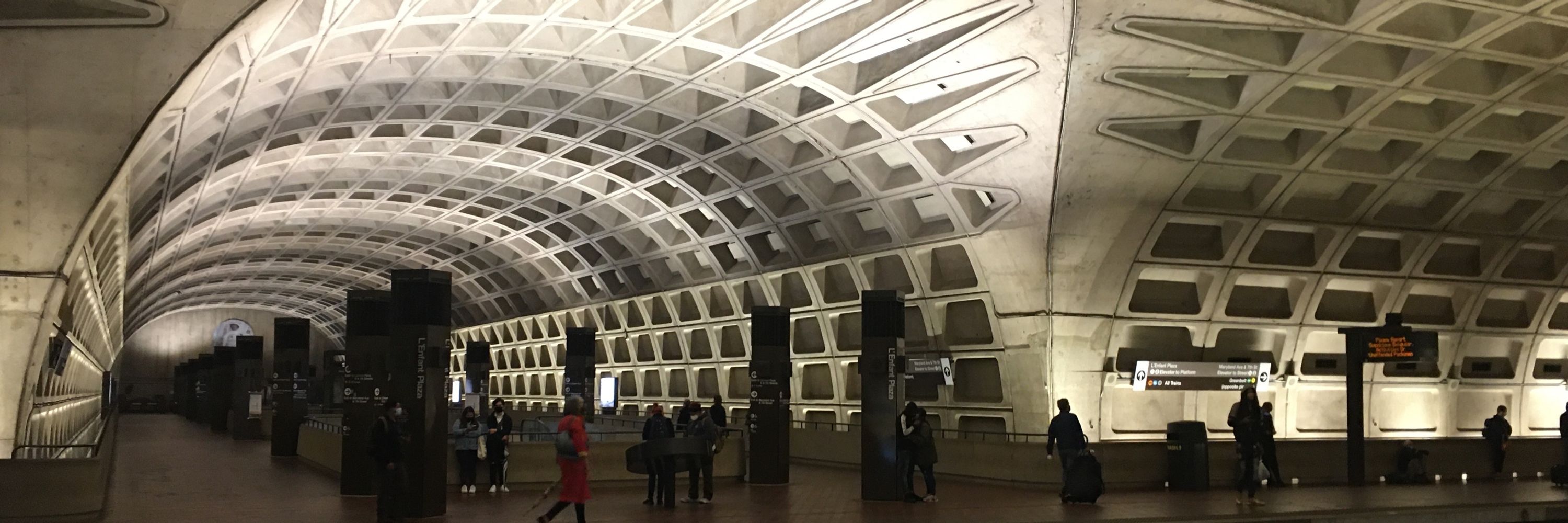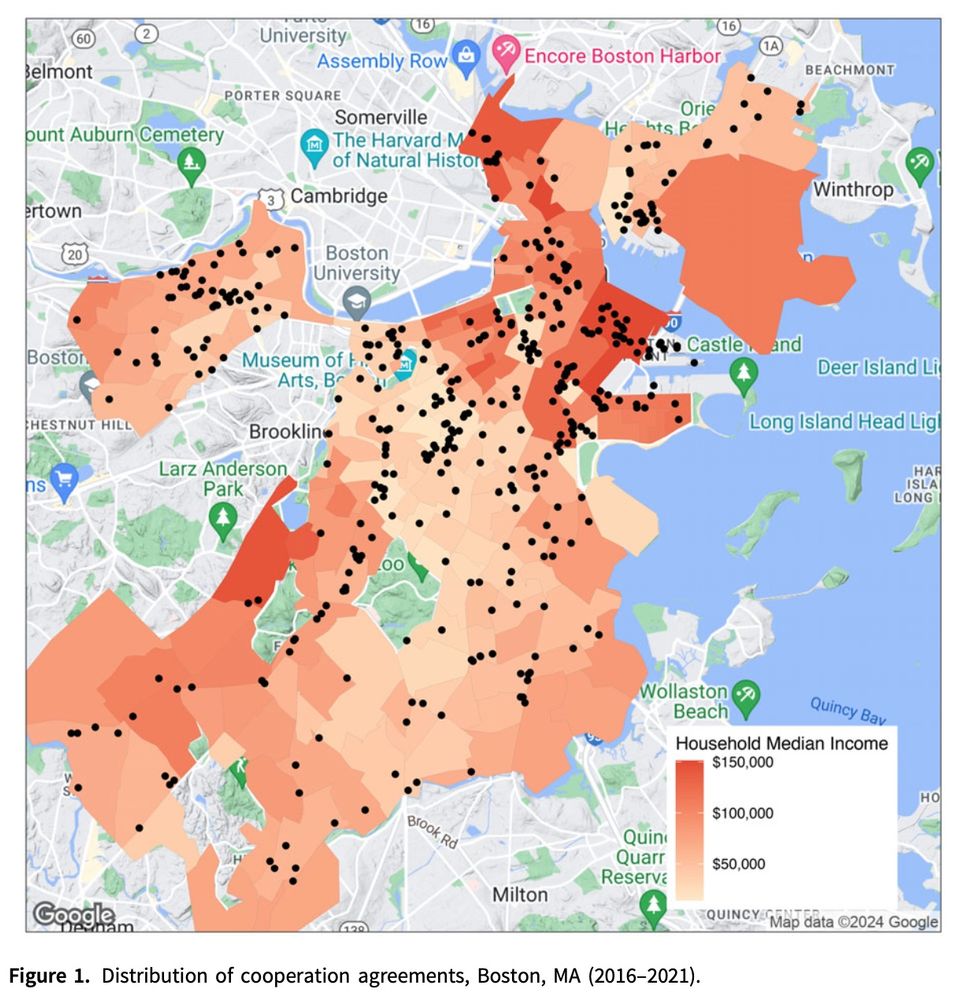
www.mhankinson.com
If you want to connect, please reach out: hankinson@gwu.edu

If you want to connect, please reach out: hankinson@gwu.edu













Also, they can save a few bucks by verifying that I am not Gordon, the 80+ y.o. Pennsylvania Republican (info gleaned from two election cycles worth of campaign texts)

Also, they can save a few bucks by verifying that I am not Gordon, the 80+ y.o. Pennsylvania Republican (info gleaned from two election cycles worth of campaign texts)

Attending the section underscored how much Amer. pol. researchers can learn from comparative pol. in this space.
Ungated: www.mhankinson.com/documents/su...

Attending the section underscored how much Amer. pol. researchers can learn from comparative pol. in this space.
Ungated: www.mhankinson.com/documents/su...







Campanella (2011) rants about the death of planning post-Jacobs, but his argument mirrors calls for representative democracy (not a planner-philosopher king). placesjournal.org/article/jane...

Campanella (2011) rants about the death of planning post-Jacobs, but his argument mirrors calls for representative democracy (not a planner-philosopher king). placesjournal.org/article/jane...




